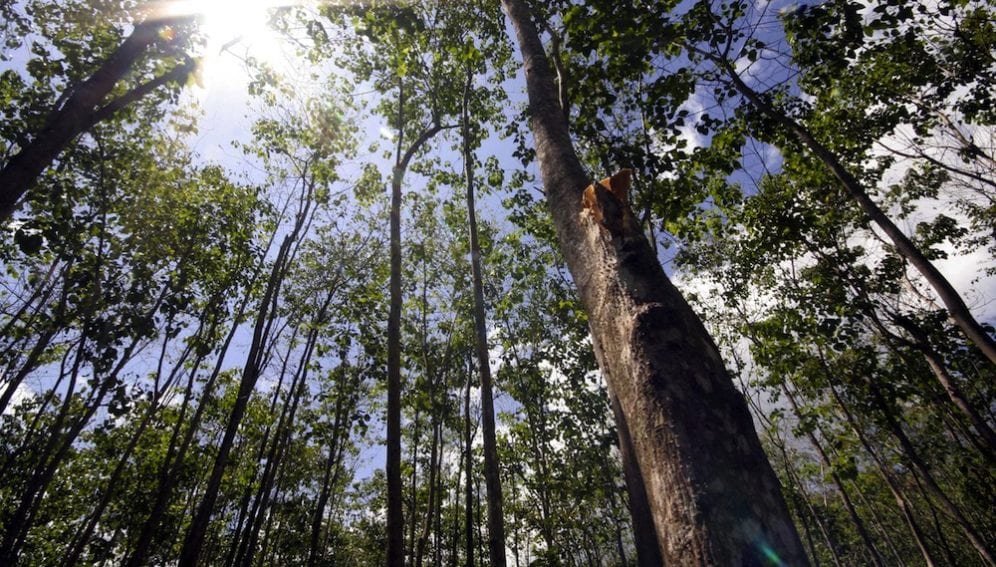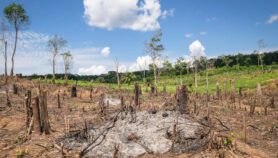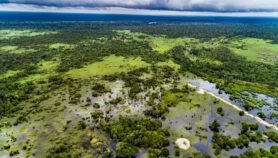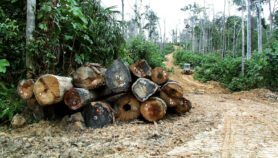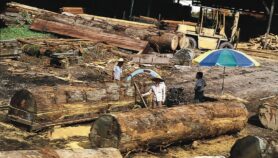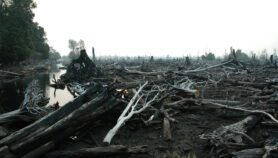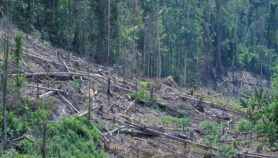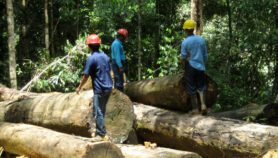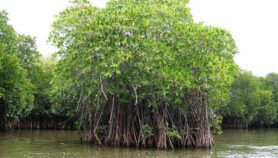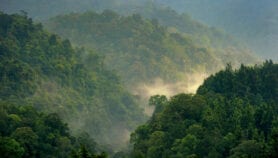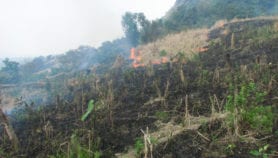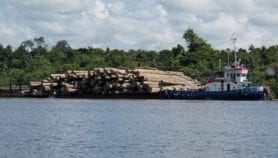By: Nithin Coca
Send to a friend
The details you provide on this page will not be used to send unsolicited email, and will not be sold to a 3rd party. See privacy policy.
[JAKARTA] Knowledge must drive multi-stakeholder initiatives to valuate and protect forests not only in Asia but around the world, delegates heard at the Forests Asia Summit held last 5-6 May in this Indonesian capital.
The largest environmental conference in Asia in recent years, the conference brought together almost 2,000 policymakers, researchers, civil society and private sector stakeholders from across the world on the theme “Sustainable Landscapes for Green Growth in South-East Asia”.
The two-day summit produced several key outcomes in support of national initiatives and key processes in South-East Asia to accelerate the shift toward a green economy by better managing forests and landscapes.
These included commitments to an integrated regional research programme, beginning with a pilot project to alleviate the haze crisis in Indonesia caused by large-scale forest burning that also adversely affects neighbouring countries. Other commitments involved making investments in sustainable landscapes and continuing multi-stakeholder dialogues to “refine evidence-based policy options for key regional challenges.”
The speakers agreed that science is a critical stakeholder in multimodal approaches, and that scientists and researchers will play a critical role in helping determine policy and investment priorities especially within the next 18 months as countries will meet on December 2015 aiming to agree on an overaching climate agreement to replace the expiring Kyoto protocol.
Sessions tackled topics such as food security, determining carbon stocks in mangrove forests, analysing the success of REDD+ in reducing emissions from deforestation and forest degradation versus the business-as-usual approach, and measuring the effects of afforestation efforts or the planting of the trees on global emissions.
There was also a strong call for providing much-needed data as the conference highlighted knowledge gaps for researchers.
Crystal Davis, senior manager of the Global Forest Watch initiative run by the World Resources Institute, spoke about the necessity of good quality data before determining a course of action. "The quality of the decision-making process itself is as important as the quality of the decision."
Davis stressed, “Researchers must not only collect and create data, but present these in a way that allows for policy action.”
Challenges, however, abound in this area as the reality of complex data and the needs of policymakers often do not match.
Rajendra Pachauri, chair of the UN-sponsored Intergovernmental Panel on Climate Change (IPCC), noted that the latest IPCC working group reports on the current state of scientific knowledge relevant to climate change are each over 1,000 pages long.
"To be able to distil all the information that is contained in the working reports into something that is small, succinct, and readable is certainly not an easy task," said Pachauri.
Link to Forests Asia Summit 2014
This article has been produced by SciDev.Net's South-East Asia & Pacific desk.


